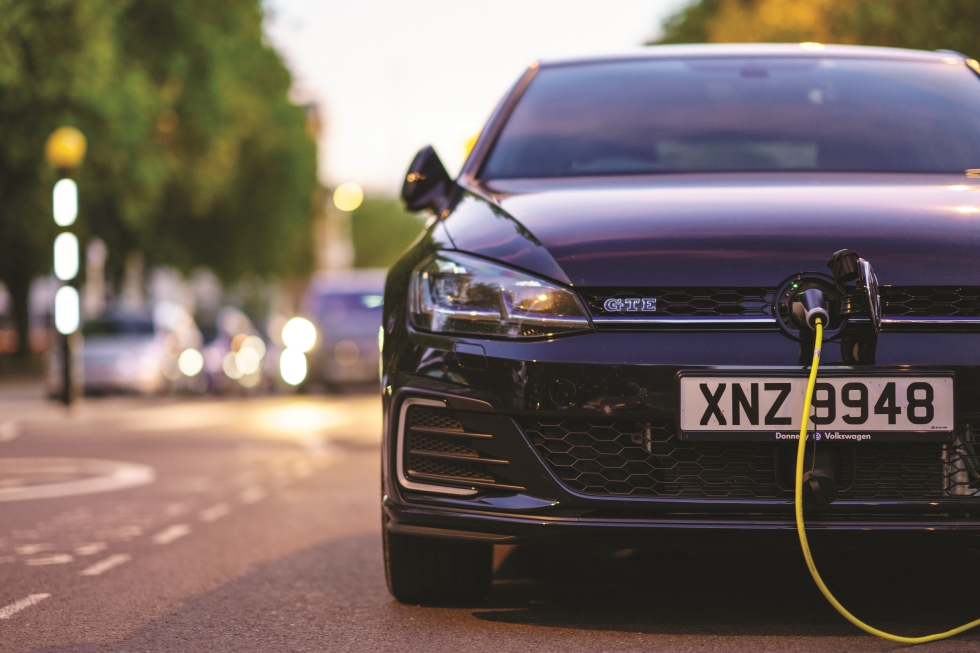In advance of the upcoming Budget on 3 March, we are already starting to see periodic announcements of tax changes from April 2021, and yesterday a release came out from HMRC regarding Capital Allowances on motor vehicles.
In recent years we have seen allowances for Internal Combustion Engine (ICE) vehicles hit more and more in favour of hybrid and electric vehicles, and these changes are no exception.
The good news is that the 100% Capital Allowance (full tax relief up front) for new low emissions cars, which was due to end on 31 March 2021, is being extended for a further four years to 31 March 2025. However, it will only apply to pure electric vehicles with zero emissions (currently the allowance is available for hybrid cars with emissions under 50 g/km).
However the big hit is that the threshold for other cars to qualify for inclusion in a business’ general pool (with annual allowances of 18%) is plummeting from 110 g/km right down to 50 g/km, meaning nearly all cars except for the most fuel efficient hybrids will now need to be included in the special rate pool, with annual allowances of just 6%.
To put this into context, at an 18% allowance it takes a business twelve years to obtain tax relief on 90% of the cost. At a 6% allowance rate it will take a business 37 years.
To make matters worse, when a car is sold, the proceeds are deducted from the pool and the remaining unclaimed allowances continue at 6% into the future, long after the car has been disposed of. This is likely to result in many businesses building up large pools of unrelieved expenditure which cannot be relieved until the business ceases.
Many businesses have already reviewed and changed their car policies in light of recent changes, but for those that have not, this is a good opportunity to do so. In the short term, if you are considering replacing any company cars and are likely to be acquiring a car in the lower emissions bracket from 50-110 g/km, it is worth considering accelerating this expenditure to before 31 March to secure general pool treatment.
Alternatively, businesses can again consider the two more tax efficient alternatives – either “going electric” or moving instead to personal car ownership.
James Geary is a Client Director and heads up the Corporate Tax team – to discuss your situation please call him on 01242 776000.
For more information about electric vehicles: The advantages of driving an electric company car



